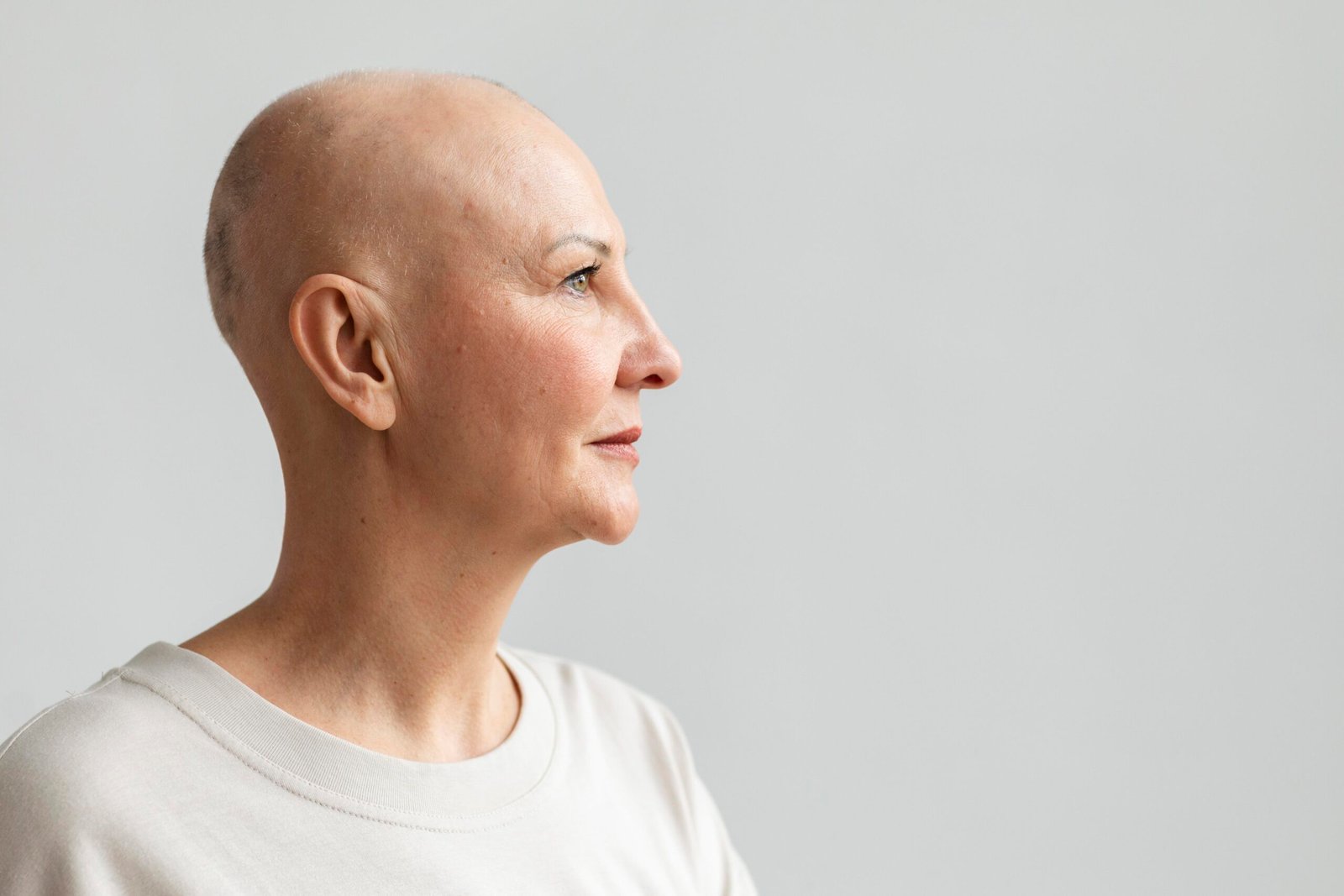
Why Are Younger Women Getting Thyroid Cancer more often?
Why Are Younger Women Getting Thyroid Cancer More Often? Causes, Risk Factors, Early Signs, and Prevention Tips
Thyroid cancer is one of the fastest-rising cancers across the globe, and what is most concerning is its growing presence among younger women. Studies show that women are nearly three times more likely to be diagnosed with thyroid cancer than men, with many cases detected before the age of 50. This trend raises an important question: why are younger women developing thyroid cancer more frequently?
In this article, we’ll explore the possible causes, key risk factors, early warning signs, and simple prevention strategies that every woman should know.
Understanding the Role of the Thyroid
The thyroid is a small, butterfly-shaped gland located at the front of the neck. Despite its size, it plays a crucial role in regulating vital functions such as metabolism, heart rate, temperature, and energy levels by producing essential hormones.
When abnormal cells in the thyroid begin to grow uncontrollably, cancer can develop. Although thyroid cancer is often detected early and treated successfully, its rising prevalence among young women has sparked growing concern in the medical community.
Why Is Thyroid Cancer More Common in Younger Women?
Several factors may explain this gender and age pattern, though researchers are still studying the complete picture.
1. Hormonal Influence
Female hormones, especially estrogen, may affect thyroid health. Research has shown that estrogen receptors are often present in thyroid cancer cells, which may explain why women are more susceptible than men.
2. More Frequent Medical Screenings
Younger women are more likely to undergo regular health checkups, including ultrasounds and imaging scans. This increases the chances of detecting small thyroid nodules that might otherwise go unnoticed. While this leads to earlier treatment, it also partly explains the rise in diagnosis rates.
3. Autoimmune Thyroid Conditions
Women are more prone to autoimmune diseases such as Hashimoto’s thyroiditis, which can cause long-term inflammation in the thyroid gland. Chronic inflammation raises the likelihood of abnormal cell changes that may turn cancerous.
4. Lifestyle and Environmental Factors
Exposure to radiation, unhealthy diets, and environmental toxins may also play a role. For instance, radiation exposure during childhood — whether through medical scans or therapy — has been strongly linked to thyroid cancer later in life.
5. Genetics and Family History
Genetic mutations, including RET and BRAF, as well as a family history of thyroid disorders, can significantly increase a woman’s risk.

Early Signs of Thyroid Cancer in Women
Thyroid cancer often develops silently in the early stages, but there are warning signs women should not ignore:
- A firm, painless lump in the neck
- Swelling in the neck or throat region
- Persistent hoarseness or voice changes
- Difficulty swallowing or breathing
- Neck pain spreading to the jaw or ears
- A lingering cough not caused by infections or allergies
Seeking medical help at the first sign of these symptoms is critical for timely diagnosis.
Risk Factors Every Woman Should Know
Not all women face the same level of risk, but certain factors make thyroid cancer more likely:
- Gender: Women are three times more prone than men.
- Age: Commonly diagnosed in women aged 20 to 50.
- Radiation exposure: Particularly in early childhood.
- Family history: Inherited conditions or thyroid cancers in close relatives.
- Iodine deficiency: Low iodine levels affect thyroid function.
- Obesity and poor diet: Both are linked to thyroid disorders and hormonal imbalance.
Why Early Detection Saves Lives
One of the most reassuring facts about thyroid cancer is its high survival rate, especially when caught early. The most common type, papillary thyroid cancer, is usually slow-growing and responds well to treatment. This makes awareness and early checkups vital for younger women.
Prevention Strategies for Younger Women
While you cannot change your genetics or gender, you can reduce other risks with smart lifestyle choices:
1. Eat a Thyroid-Friendly Diet

- Include iodine-rich foods such as fish, seaweed, dairy, and eggs.
- Add antioxidant-packed fruits and vegetables to combat cell damage.
- Limit processed, sugary, and fried foods.
2. Prioritize Regular Screenings
If you have a family history of thyroid disorders, schedule routine thyroid exams and ultrasounds.
3. Limit Radiation Exposure
Avoid unnecessary scans, especially in childhood. Always ask your doctor about safer alternatives.
4. Keep Hormones in Balance
Exercise regularly, manage stress, and maintain a healthy weight to support hormonal health.
5. Stay Educated and Alert
Recognize the early warning signs and never ignore changes in your neck, throat, or voice.

When Should You See a Doctor?
Any persistent lump, voice change, or difficulty swallowing should be taken seriously. Consulting an endocrinologist can help determine whether further tests such as ultrasound or fine-needle biopsy are needed.
Conclusion
The increasing number of thyroid cancer cases among younger women highlights the urgent need for awareness and proactive health care. While hormones, genetics, and lifestyle factors contribute to this rise, the good news is that thyroid cancer is highly treatable when detected early.
By staying informed, adopting healthy habits, and recognizing symptoms promptly, women can protect their thyroid health and reduce their risk.
